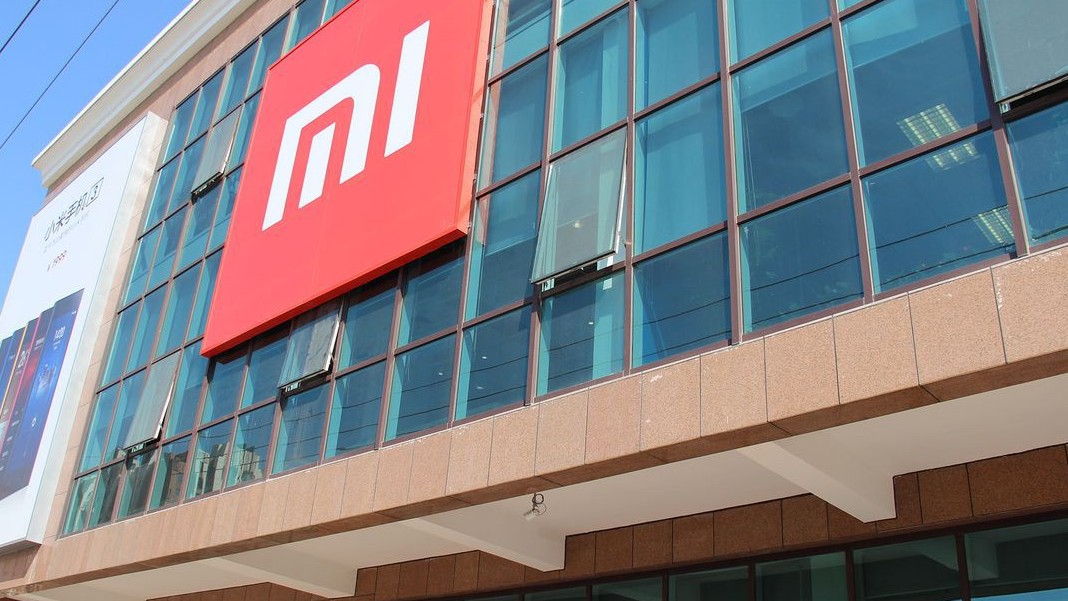Xiaomi records 8.3% growth - Are Chinese brands making a comeback in India?
Festive season sales impressive

The news for Chinese smartphone companies in India is pretty happy. Many of them have turned in good performance during the just-concluded festival season in India.
The uptick in sales has been spearheaded by the leader of the Chinese pack in India, Xiaomi. It alone has sold over 1.3 crore devices (not just smartphones) during the festive period in India.
Chinese electronics brands in India had taken a hit in the aftermath of border tensions between the two countries.
- Best phones under Rs 7,000 in India
- Best phones under Rs 10,000 in India
- Chinese apps ban in India: Implications, alternatives and more
When Chinese brands faced the heat
Due to many reasons --- some organic and some others triggered by vested interests --- Chinese products in India have been getting a bad rap.
Over and above all, the Indian government banning Chinese apps also added to the mood against the Chinese brands.
So much so, after a three-year wait, South Korean brand Samsung edged out Xiaomi as the country's top-selling smartphone brand in the quarter ending September.
According to Counterpoint Research, the cumulative market share of the four major Chinese smartphone brands in India fell to 66% in the June quarter from 73% in the March quarter. It slipped to 64% in the September quarter.
Get daily insight, inspiration and deals in your inbox
Sign up for breaking news, reviews, opinion, top tech deals, and more.
Is the tide turning back in favour of Chinese brands?
This festival season has, however, proved to be profitable for the Chinese brands. Or so say the numbers that they have offered to the media.
According to Realme, it sold 8.3 million products in October and November, including 6.3 million smartphones. This is said to be at least 20% more than last year’s festive season sales.
Vivo, another popular Chinese brand, has said it sales rose up by 25% this October festive season in comparison to last year.
OnePlus numbers were not immediately available, but insiders say that it too had registered some smart gains.
The big name, Xiaomi, of course, has put in even more impressive numbers. It said it sold over 13 million devices, including smartphones, smart TVs and power banks, this festive season, registering over 8% growth over the same period last year.
The company sold over 9 million smartphones led by models such as Mi 10T Pro, Redmi Note 9 Pro Max, Redmi Note 9 Pro, Redmi 9 Prime Redmi 9, Redmi 9A amongst others.
Newly-launched products like Mi Watch Revolve and Mi Smart Speaker were amongst the top favourites for consumers, while Mi Box 4k and Mi TV Stick continued to be the top selling streaming devices across Amazon and Flipkart, the company said.
Xiaomi does not think that the good show is an aberration.
“We are looking forward to higher demand in Q4 and gearing ourselves to end the year on a high note by fulfilling the same. We are humbled at the response that we have received from our Mi Fans and users and being a consumer-first brand, we will continue delivering on our promise to bring the highest quality products at honest prices,” Raghu Reddy, Chief Business Officer, at Mi India, said.
Can Chinese brands sustain the good show?
A recent market research report said Chinese brands OnePlus and Realme had higher ratings in India due to their higher engagement with buyers and high-quality products. Their ratings are better than that of Samsung and Apple.
This makes it clear that Chinese brands have a good customer backing. But now the question is can they continue their good show.
Samsung can be trusted to come back strongly as it would doubtless ramp up its supply and also marketing efforts. Meanwhile, Indian brands lime Micromax are also trying to make the most out of the pro-Indian mood.
All in all, stay tuned for more exciting competition among the various brands. Such contests are usually good for the consumers.

Over three decades as a journalist covering current affairs, politics, sports and now technology. Former Editor of News Today, writer of humour columns across publications and a hardcore cricket and cinema enthusiast. He writes about technology trends and suggest movies and shows to watch on OTT platforms.